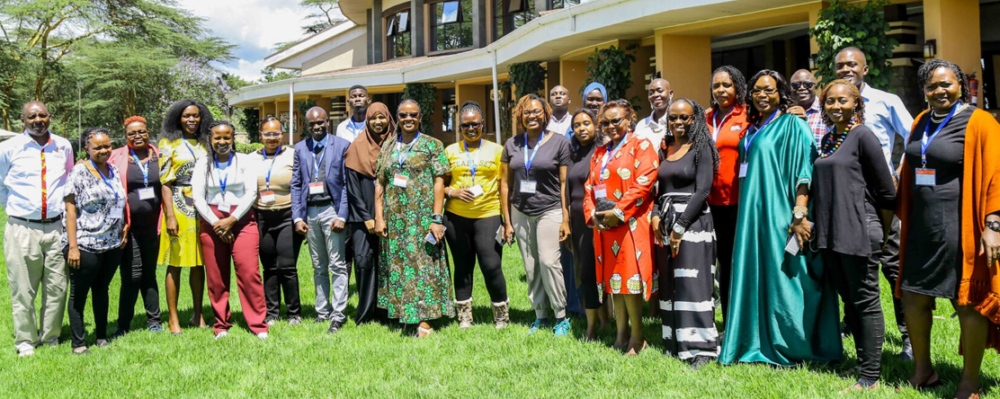
In the News
Addressing Inequities Among Patients with Sickle Cell Disease
-
Focus Areas
Chronic Disease Prevention -
Expertise
Research – Quantitative -
Programs
Tracking California

“Recently, systemic and structural racism, and the policies that follow, have been under a microscope – for good reason. As a result, “health equity” has become a buzz word for policymakers and stakeholders alike. Yet, when multiple areas are in need of attention and support, it can be overwhelming for policymakers to know where to start. Fortunately, the State is honing in on an area that has been historically neglected and, when addressed correctly, will help move the needle toward health equity: Sickle Cell Disease.
For decades, Californians with Sickle Cell Disease, the majority of whom are Black and Hispanic, have silently suffered from this life-threatening inherited blood disorder. I’ve heard stories from far too many patients who have presented to the emergency room during an excruciating painful sickle cell crisis, only to be mischaracterized by a physician or an emergency room doctor and labeled as drug-seekers because of the color of their skin. To avoid being the subject of racial profiling, both an offensive and demoralizing experience, many patients had given up on receiving care at all.
“The life expectancy of Californians with Sickle Cell Disease was just 43 years old, compared to the national average of 61, and 68% of adults with Sickle Cell Disease had zero interactions with a hematologist. This was, in a word, shameful.”
In addition to the mental toll taken on patients, consider the financial and health care costs of these poor interactions. In 2018 alone, California spent more than $162 million in sickle cell-related emergency room visits and hospitalizations, the life expectancy of Californians with Sickle Cell Disease was just 43 years old, compared to the national average of 61, and 68% of adults with Sickle Cell Disease had zero interactions with a hematologist. This was, in a word, shameful.
Our state was in a crisis, but we rose to the occasion. In 2019, the California Legislative Black Caucus under the leadership of Assemblymember Mike Gipson (D-Carson) introduced landmark legislation to ensure equitable care for those living with Sickle Cell Disease. AB 1105 (Gipson)’s passage secured $15 million to improve access to comprehensive Sickle Cell Disease care by creating Networking California for Sickle Cell Care (NCSCC).
Early success of Networking California for Sickle Cell Care (NCSCC)
In its first 30 months, NCSCC developed a network of 12 adult specialty clinics throughout the state, well surpassing its goal of establishing five clinics; trained and credentialed Sickle Cell Disease providers; and built a team of community health workers to interact directly with patients to address the challenges that have kept them from receiving the care they need and deserve. Because of NCSCC, the estimated 9,000 people who once lacked access to care, or had given up on receiving care, now have specialized clinics that provide comprehensive, patient-centered, culturally competent care, no matter where they live or seek care in California.
This is how you move the needle on health equity.
Also, savings to the State are already notable. Early CDC data demonstrates that NCSCC should save the state $80-$100 million per year at full capacity, just by decreasing avoidable emergency room visits and hospitalizations. Data from our partners at Tracking California showed a cost savings of more than $1 million for 28 patients.
This successful model of care, a full partnership between community and health care services, is finally beginning to correct health inequities that once plagued California adults with Sickle Cell Disease. With each new NCSCC clinic launch, we’re providing hope for individuals and their families. And, we’re only growing. What started as tens of patients at two clinics in Los Angeles has expanded to more than 1,000 adults at 12 clinics statewide.”
Click the link below to read the full op-ed.
Originally published by Black Voices News
More Updates
Work With Us
You change the world. We do the rest. Explore fiscal sponsorship at PHI.
Support Us
Together, we can accelerate our response to public health’s most critical issues.
Find Employment
Begin your career at the Public Health Institute.



